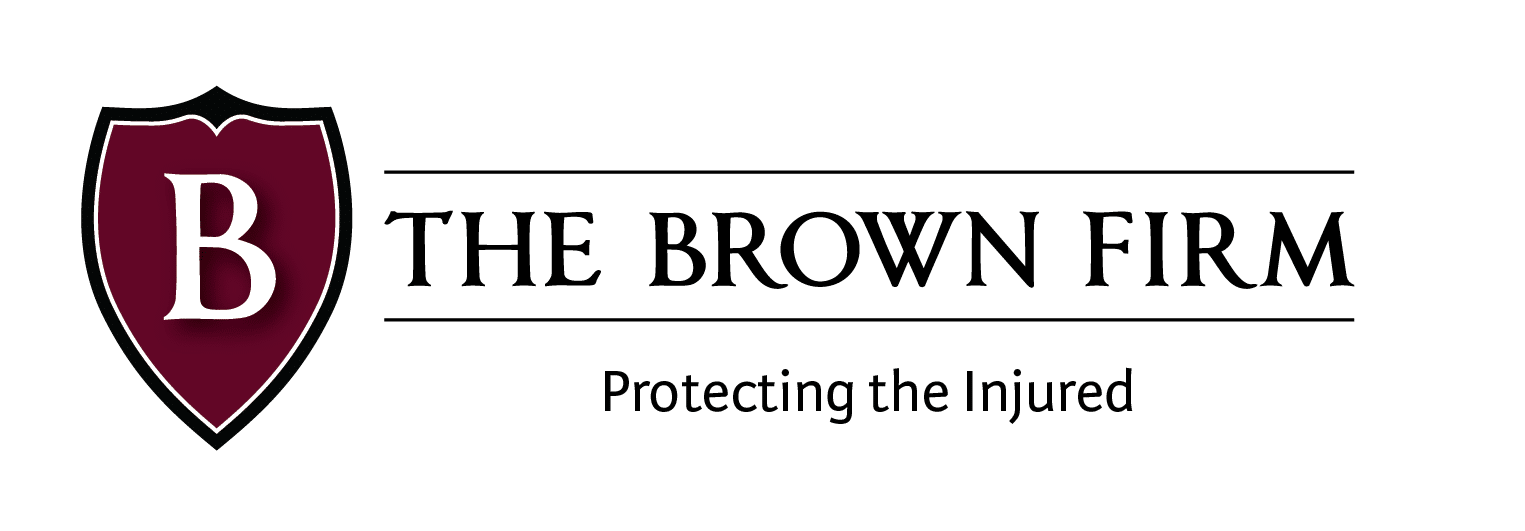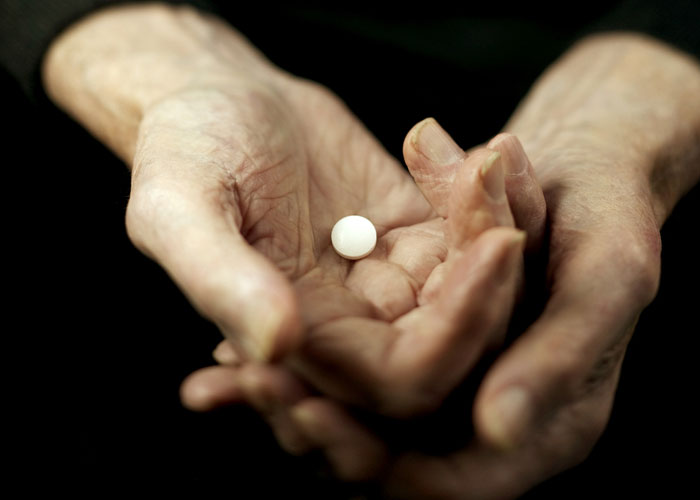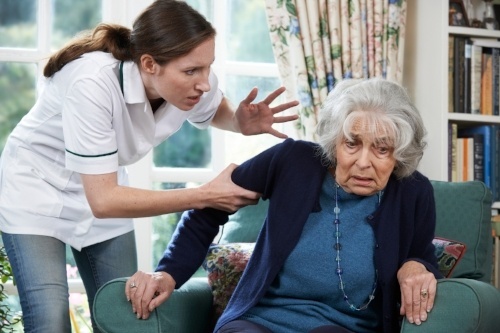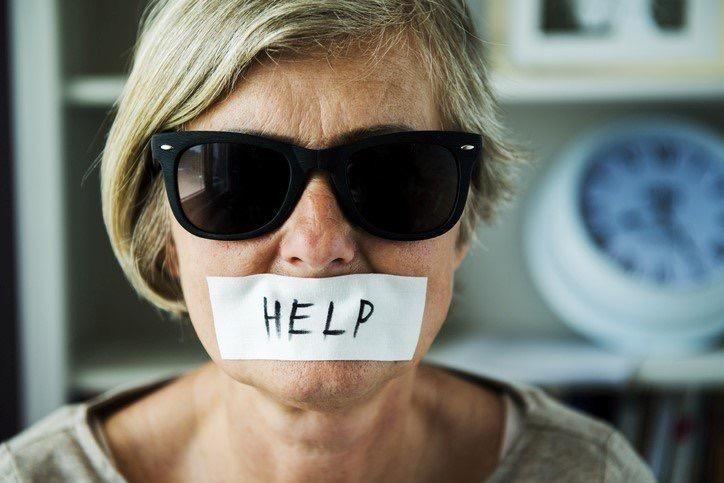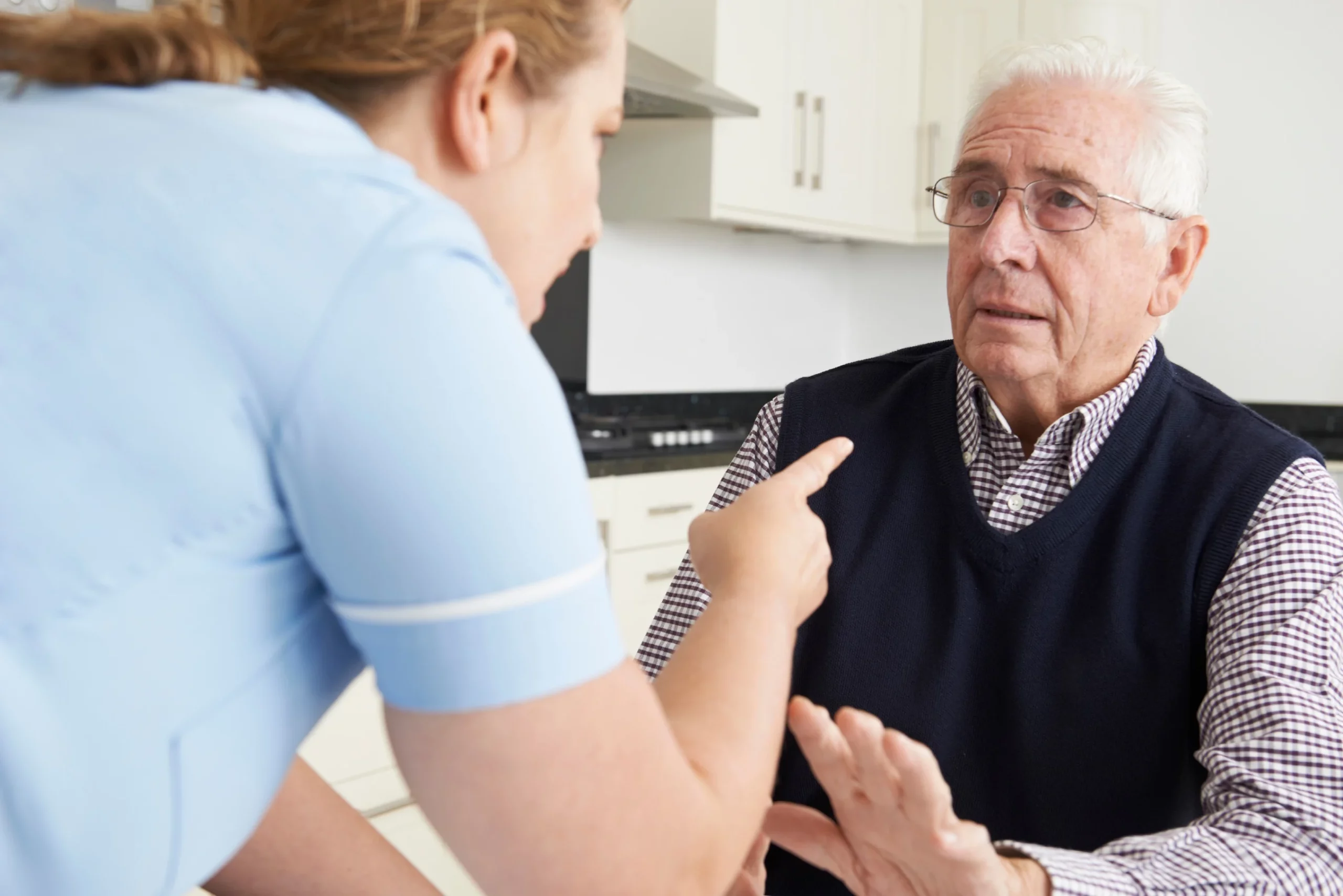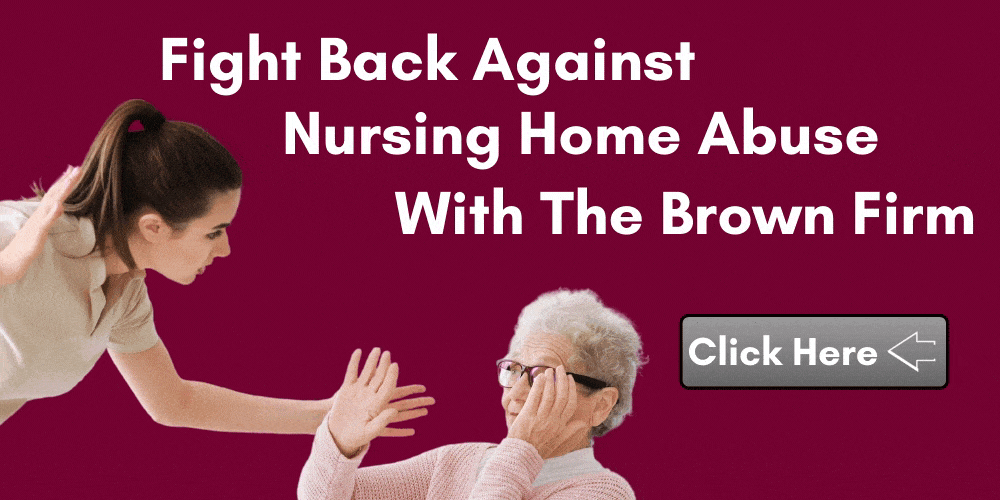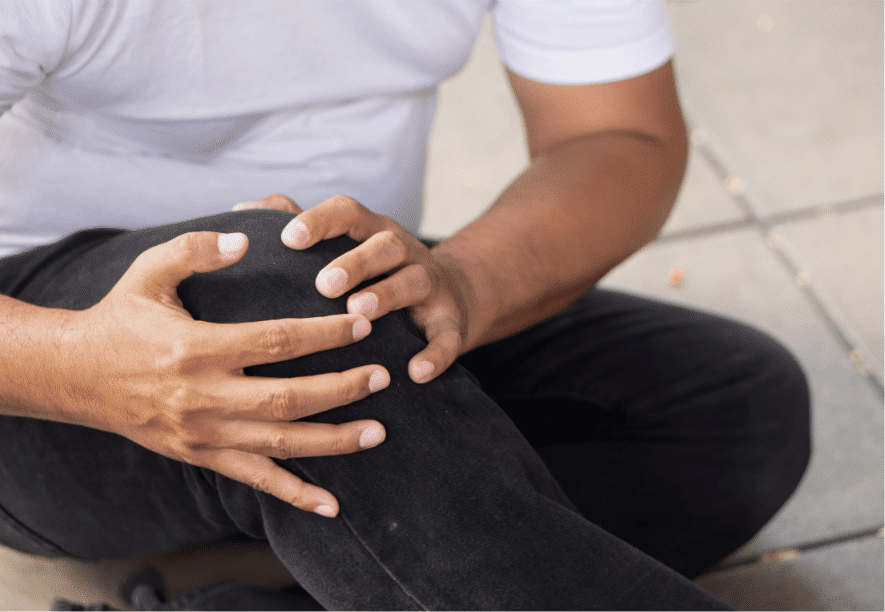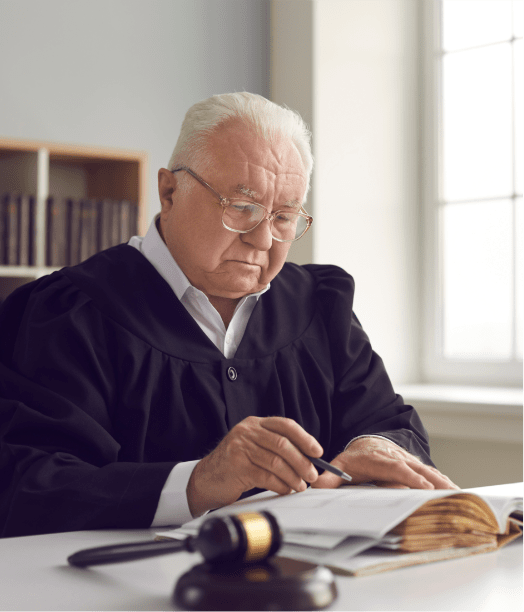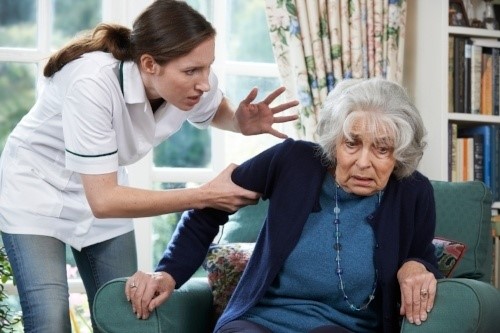Understanding Nursing Home Abuse: Signs, Symptoms, and Solutions
Nursing home abuse is a troubling reality that affects many vulnerable seniors, with around 5 million cases reported every year. While most nursing homes provide quality care, abuse can and does occur. It’s important for loved ones to understand the signs and symptoms of abuse so it can be detected and stopped. This article will provide an overview of nursing home abuse, how to recognize it, and steps for finding solutions.
What is Nursing Home Abuse?
Nursing home abuse refers to the mistreatment of residents by staff or other residents in a long-term care facility. Abuse can take many forms, including:
- Physical abuse – inflicting physical harm like hitting, pushing, or restraining.
- Sexual abuse – non-consensual sexual contact.
- Emotional abuse – threats, insults, humiliation.
- Financial abuse – stealing money or belongings.
- Neglect – failure to provide adequate care like nutrition, hygiene, or medical treatment.
Abuse is never acceptable. It violates a patient’s basic human rights and can cause lasting trauma. While abuse is typically committed by staff, residents with mental impairment may also mistreat others.
Spotting Signs of Abuse
Detecting abuse early is key to stopping it. Here are some common signs that may indicate a nursing home resident is being abused:
- Unexplained injuries like bruises, cuts, or fractures.
- Sudden changes in behavior, such as increased fear, anxiety, or depression.
- Malnourishment or dehydration.
- Poor personal hygiene like soiled clothes or bedsores.
- Sudden inability to pay for care or necessities.
- Resident reports being mistreated.
Any of these signs should prompt closer inspection and reporting. Staying vigilant and getting to know the normal patterns of the resident can help spot sudden changes that may indicate abuse. Trust your instincts – if something seems off, it likely warrants attention.
Recognizing Symptoms of Abuse
Abuse can manifest in psychological and physical symptoms:
Psychological Symptoms:
- Increased stress, agitation, withdrawal
- Unusual changes in mood or cognition
- Fear of particular staff or residents
- Loss of interest in activities or relationships
- Insomnia, changes in appetite
Physical Symptoms:
- Bruises, welts, burns, fractures
- Sprains, dislocations, head injuries
- Internal injuries not visible on surface
- Sexually transmitted infections
- Dehydration, malnutrition, bedsores
- Overmedication or chemical restraints
Documenting these symptoms provides critical evidence if abuse allegations arise. Photos and detailed notes can capture important details. Get medical examinations to verify any injuries.
Finding Solutions: Stopping Abuse
If abuse is suspected, quick action is required:
Report It
- Report concerns to the facility administrator and state health authorities. They are required to investigate.
- Contact the police if abuse is criminal. File a report to compel police action.
- Notify the long-term care ombudsman, an advocate for nursing home residents.
- Contact local elected officials and urge stronger oversight.
Investigate
- Demand a formal investigation from authorities. Follow up frequently for status updates.
- Review medical records for inconsistencies. Look for sudden medication changes.
- Install hidden cameras if permitted by state laws. Useful evidence may be captured.
- Hire a private investigator if needed. Their resources can aid investigations.
Protect the Victim
- Request the victim be separated from the alleged abuser immediately. Don’t wait for investigation results.
- Petition for guardianship if the victim cannot protect themselves. This grants power to make decisions on their behalf.
- Transfer the victim to a new facility if abuse is pervasive. Safety and wellbeing should come first.
Seek Accountability
- Advocate for the abuser to be terminated and criminally charged. Do not let minor punishments suffice.
- Pursue a civil lawsuit against abusers and negligent facilities. Financial penalties can enact change.
- Lobby political leaders for better oversight and regulations. Improved staffing ratios and facility inspections are needed.
- Demand new policies to better protect whistleblowers who report abuse internally. This encourages reporting.
With compassion and perseverance, concerned loved ones can uncover abuse, protect victims, and seek justice. Seniors deserve to live their final years with safety, dignity and the highest standard of care.
Nursing home abuse causes needless suffering, but concerned citizens have the power to stop it. Being alert to warning signs, reporting suspicions promptly, and pushing for accountability are key steps. With greater public awareness, we can work together to eliminate neglect and mistreatment, improving the lives of our most vulnerable seniors. A dignified, abuse-free life in nursing care should be a basic human right.
If a loved one has been abused while in a nursing home, get in touch with one of our experienced nursing home abuse lawyers today. You can visit our offices at the following locations:
- 7176 Hodgson Memorial Drive, Savannah, GA 31405
- 320 East Clayton Street, Athens, GA 30601
- 197 14th St. NW, Suite 200, Atlanta, GA 30318
- 110 Traders Cross #226, Okatie, SC 29909
Or call now for a free consultation on (800) 529-1441.
Ready to Talk to a Lawyer Who Has Your Back?
Contact The Brown Firm
Get the Answers and Compensation You Deserve
You’ll notice the difference when you contact The Brown Firm! Our local dedicated attorneys want to help you recover and rebuild.
Schedule your free consultation by calling (800) 529-1441 or completing our simple online form.

